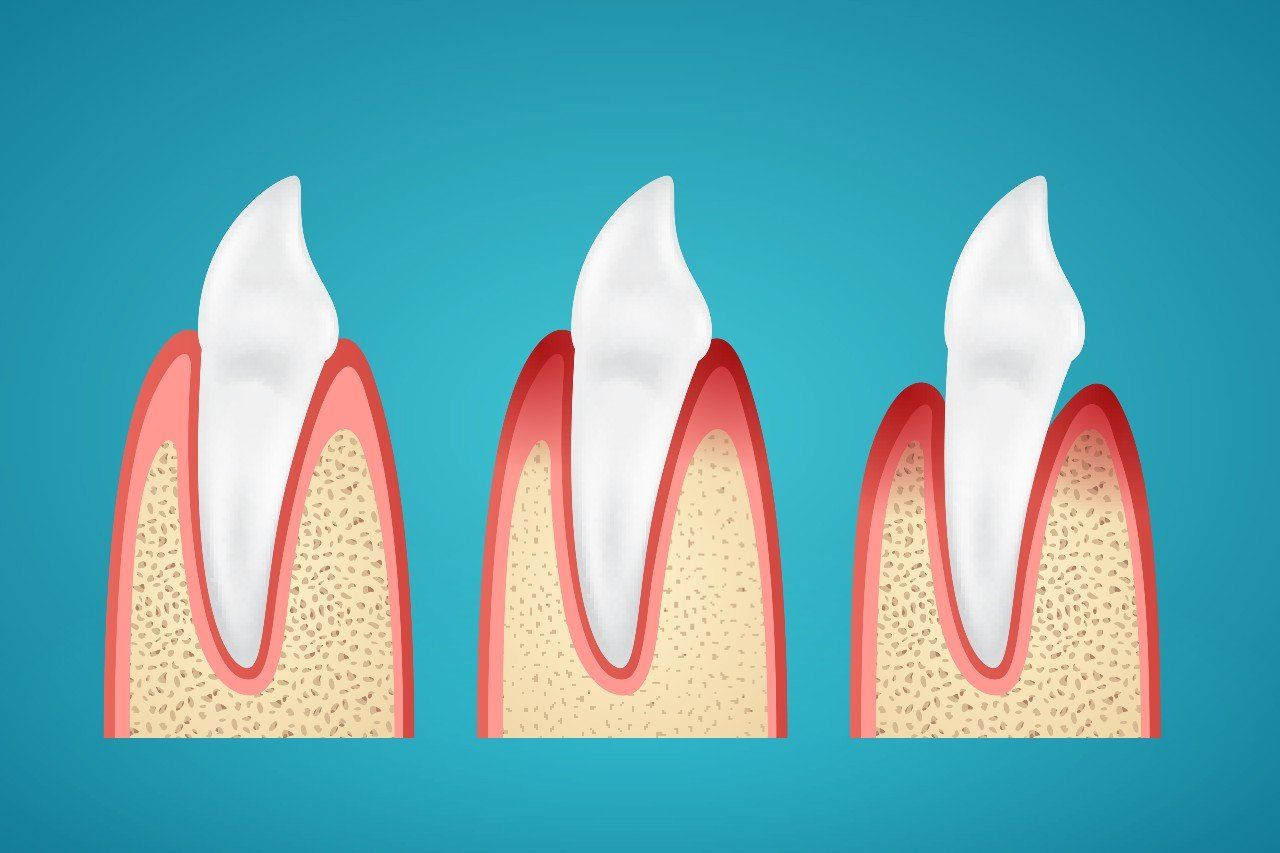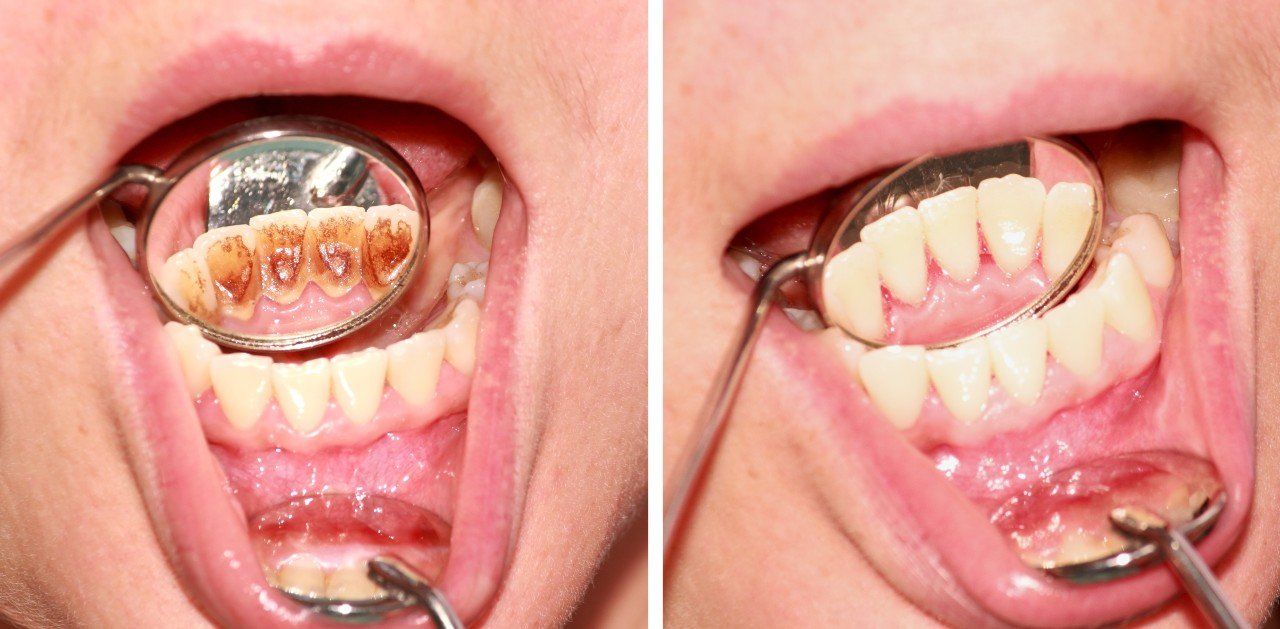GUM DISEASE
Gum disease affects 8 in 10 people in New Zealand. Read on to find out how to protect yourself from this chronic problem.
What is gum disease?
Gum disease (periodontal disease) is an inflammatory disease of the gums and the supporting structures of your teeth. It is the body’s natural reaction to harmful bacteria and the toxins they produce. It is a major cause of tooth loss. Periodontal disease was once known as ‘pyorrhoea.’ Fifty years ago it was not uncommon for people to have all their teeth out because of ‘pyorrhoea of the gums.’ Fortunately we now know a lot more about the disease and how to treat it.
Periodontal disease is caused by plaque. It can be divided into gingivitis and periodontitis.
Plaque and Calculus
Plaque is a film of bacteria that grows on your teeth. Calculus (tartar) is hardened plaque. If plaque is left for more than two days, it starts to mineralise and form calculus. This chalky substance often grows on the inside of your lower front teeth.
Calculus cannot be removed by flossing or brushing but has to be ‘scaled’ off by a dental professional
What is Gingivitis?
Gingivitis is inflammation of the gums. It is the earliest stage of periodontal disease and is caused when plaque is allowed to accumulate around the necks of your teeth. The bacteria in plaque are treated like a like a foreign body, the same as if you had a splinter in your finger. Your body tries to fight the bacteria and the gum gets red, swollen and bleeds easily. Unfortunately gingivitis is often painless and only identified during a dental examination.
Early gingivitis is usually completely reversible with regular hygienist treatment and improved home care
What is Periodontitis?
Untreated gingivitis may progress to periodontitis. The bacteria rich plaque grows down below the gum line causing the breakdown of the tissues that support the tooth. The tooth separates from the gum and a gap or pocket forms providing a sheltered place for more bacteria to grow. As the periodontitis advances, bone and tissue is destroyed and the pocket gets deeper. Because the gums are the foundations for your teeth, in severe cases the teeth may become loose or need to be extracted.
While advanced periodontitis is not reversible, regular dental care can restore gum health and stop disease progression
Discover Dental


